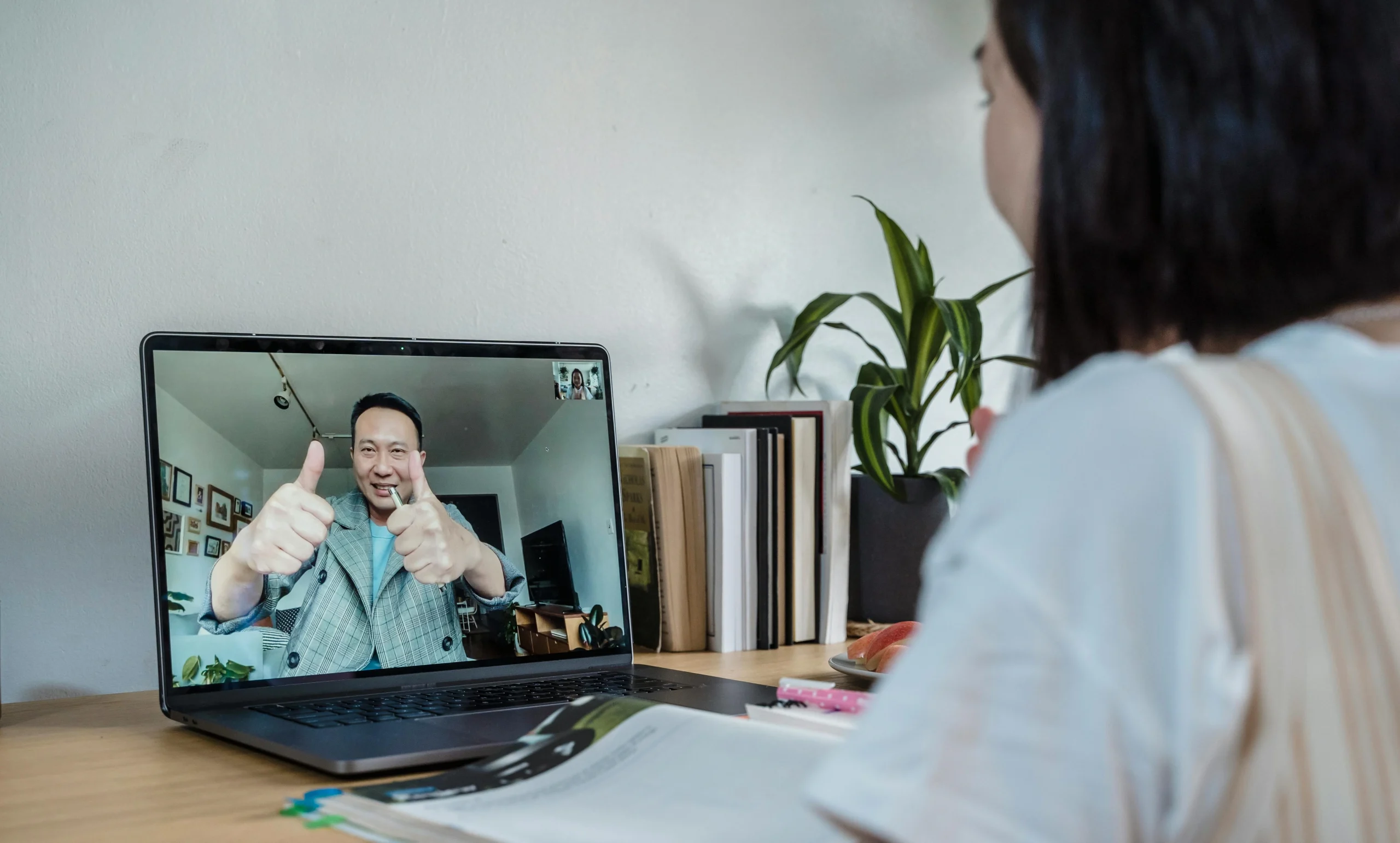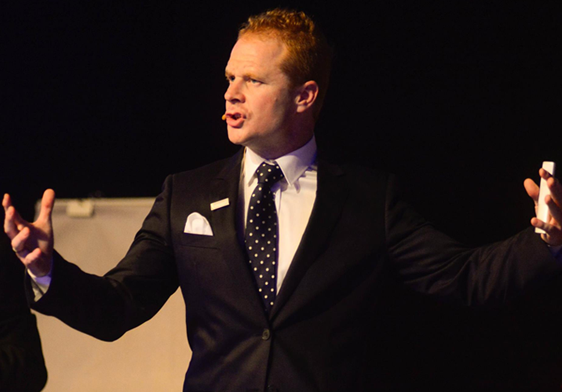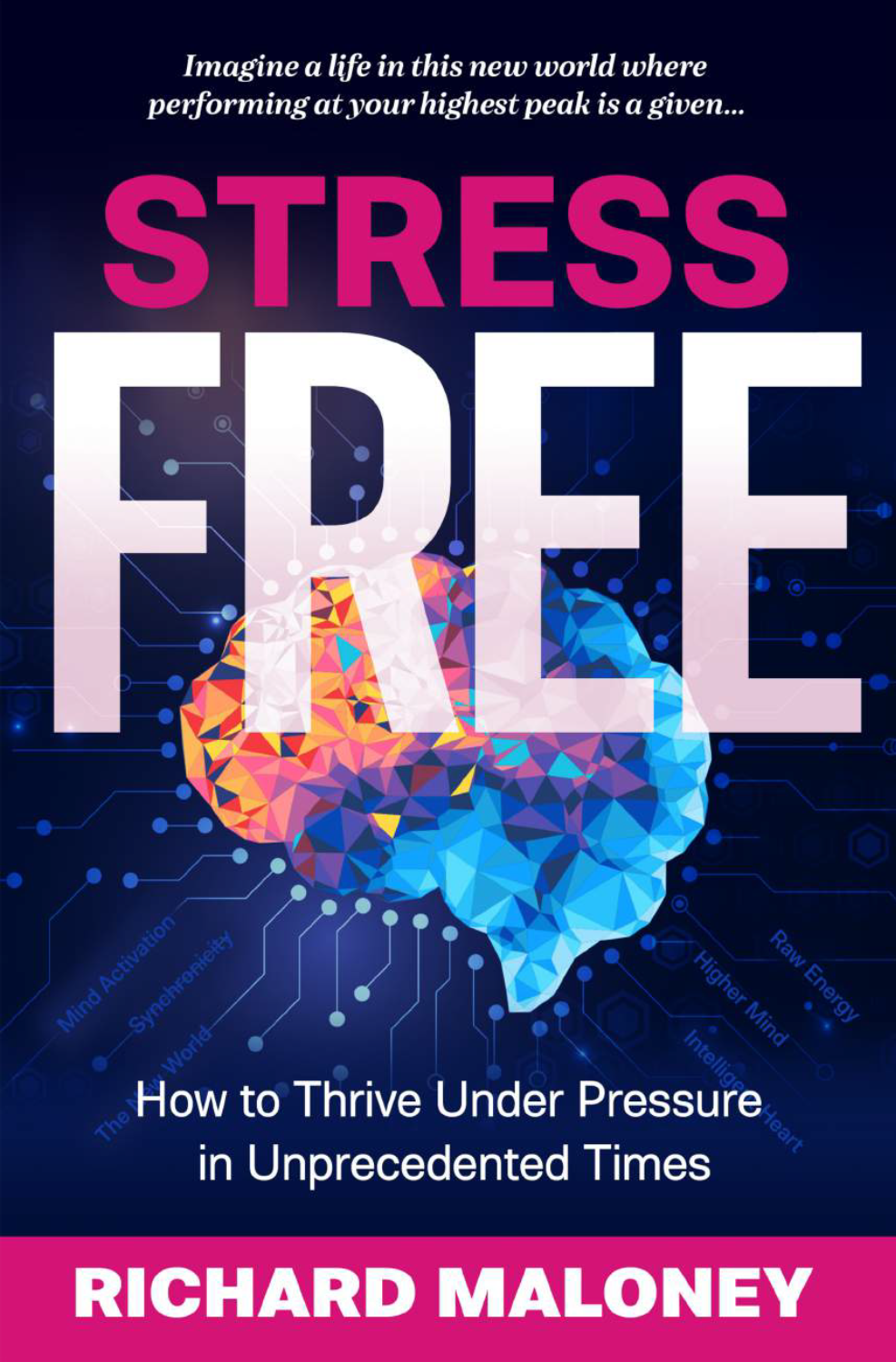At a glance
- Most aspiring coaches face self-doubt when considering a career change.
- Fears around qualification, failure, visibility, and charging are very normal.
- These challenges can be overcome with the right mindset, a science-backed coaching framework, and practical tools.
- Supportive platforms like Quality Mind and its global community of coaches can help new coaches build confidence and succeed.
Have you ever thought, “I’d love to be a coach… but I’m not ready,” or “I wouldn’t even know where to start?”
If so, you’re not alone. For many people, the idea of becoming a coach sparks both excitement and fear. It’s one thing to feel passionate about helping others; it’s another to picture yourself building an actual coaching practice.
Most aspiring coaches never take the leap, not because they lack potential but because they let their fears stop them before even trying. In reality, these fears are common and completely natural, but they’re also surmountable.
If you’ve felt that pull toward a more purpose-driven career like coaching, this article will help you understand the fears holding you back and how to move through them.
“I’m Not Qualified Enough”
This is perhaps the most common fear among aspiring coaches. You may think you need a psychology degree, years of counselling experience, or some kind of formal leadership title to be credible.
In truth, coaching is a distinct discipline from therapy. You aren’t diagnosing or treating clinical conditions. You’re helping people unlock their potential, shift limiting beliefs, and take purposeful action. The skills required can be learned and refined through training and practice. For those considering how to become a life coach or start a coaching career in any other niche, understanding this distinction is key.
What many people don’t realise is that they already possess transferable skills from previous roles, such as people management, emotional intelligence, effective communication, and active listening. These foundational coaching traits are often built over years of experience, even if not formally recognised.
Rather than starting from scratch, you may already have the building blocks to succeed, especially in today’s landscape where individuals and businesses are actively seeking mindset and wellness support.
Of course, having access to proven frameworks, supportive mentors, and practical tools matters. Many successful coaches begin their journey with structured coaching programs like Quality Mind’s, giving them the confidence to build a successful coaching business even without a formal background in psychology.
Just as importantly, your life experience, empathy, and commitment to growth are powerful assets. These qualities resonate deeply with clients and contribute as much as any credential to building trust and impact.
Read More: How to Change Careers and Become a Coach (Even Without Experience)
“I Have Imposter Syndrome”
Imposter syndrome strikes nearly every new coach at some point. You might think, “Who am I to guide others? I still have so much to figure out myself.”
It’s easy to feel this way, but it often stems from a misperception of what coaching truly entails. Being a coach doesn’t mean having all the answers or presenting yourself as an expert on someone else’s life. It means helping people think differently, ask better questions, and make meaningful changes in their own way.
One of the biggest myths holding aspiring coaches back is the idea that they must “feel ready” before they begin. In truth, you don’t become confident first; you build confidence through practice. That confidence gets stronger with every session you lead.
Structured platforms like Quality Mind are designed to counter imposter syndrome by providing a proven roadmap: a neuroscience-backed framework powered by Personal Activation System that you can facilitate, not invent from scratch. The weekly coaching format, supported by daily tools, does the heavy lifting so you can focus on guiding the process, not being perfect.
Because you go through the program yourself first, you experience the transformation before offering it to others. That lived experience becomes your most powerful confidence builder, more than any credential or textbook could provide.
“What If I Fail?”
Fear of failure is natural, especially when considering a big career shift. You might worry about investing time and energy only to fall short of your goals.
But here’s the truth: no one becomes a master coach overnight. Like any new skill or profession, coaching is a journey of learning and growth. And the path is flexible. Many coaches start part-time alongside another role before scaling to a coaching business, allowing them to build confidence and momentum gradually.
One thing that helps is having structure. Access to business-building guidance, ready-to-use coaching tools, and professional resources can ease much of the uncertainty. A well-designed coaching program like Quality Mind’s Mental Performance Specialist program offers these elements, not just with comprehensive coach training, but with its proprietary NeuroSync app.
The NeuroSync technology allows you to deliver structured, measurable outcomes from day one. It combines neuroscience-backed repetition with practical habit tracking so clients feel supported between sessions, and you build a reputation for consistency and results.
Failure is rarely about one single outcome. It’s about learning, adapting, and evolving. With the right support, your journey becomes one of steady progress, not perfection.
“How Will I Find Clients?”
Building a client base can be one of the hardest parts of coaching. You might think you need a huge social media following or advanced marketing skills to get started.
In reality, most coaches grow through relationships and referrals. The clients you help will naturally talk about their experiences. Many new coaches report that their first clients come from an existing network of mutual friends, community members, or professional contacts.
Of course, having a system and support helps. Quality Mind not only provides you with the scientific framework and tools, but also full business support with ready-to-use marketing assets that will help you attract clients from around the world.
The key is to focus on creating real impact and let that impact speak for itself.
“What Will Others Think?”
Many new coaches struggle due to concerns about what those around them will think. Transitioning into a new career, especially one as unique as coaching, naturally elicits questions or a sprinkling of doubt from one’s family and friends. Not everyone will immediately understand what has drawn you to this direction.
If you are moving on from a more traditional role, the challenge may be even greater. You may feel compelled to justify your decision. However, the decision to embark on a coaching career ultimately rests with you. If you remind yourself often why you want to coach and why it matters to you, it can help you navigate outside opinions easily.
Building a network of coaching colleagues can also lend you support in this area. Being part of a community reinforces that you are not alone in your work and that coaching is not only a valid profession but can also be built into a profitable business.
“I’m Uncomfortable Charging for My Services”
Many new coaches are hesitant about charging for their coaching services. You may believe that you should help people for free or that receiving money for your services somehow questions the integrity of what you offer.
However, coaching is a profession that yields legitimate value, and when people pay, they also sincerely commit to the process. Charging enables you to maintain your practice and give clients your best energy and attention.
The whole process is easier when you have the support of a platform that allows you to set up your offerings and pricing confidently, like Quality Mind does. Learning from experienced coaches and mentors helps new coaches understand that charging for their services is essential for long-term sustainability.
Every successful coach you see today once faced these same fears. What separates those who succeed is not the absence of fear but the willingness to move through it.
You don’t need to have it all figured out today. You need the willingness to begin, supported by a strong foundation.
If you want to explore what’s possible, watch a free masterclass on the Mind Mentor program or book a quick 10-minute discovery call with us.

























